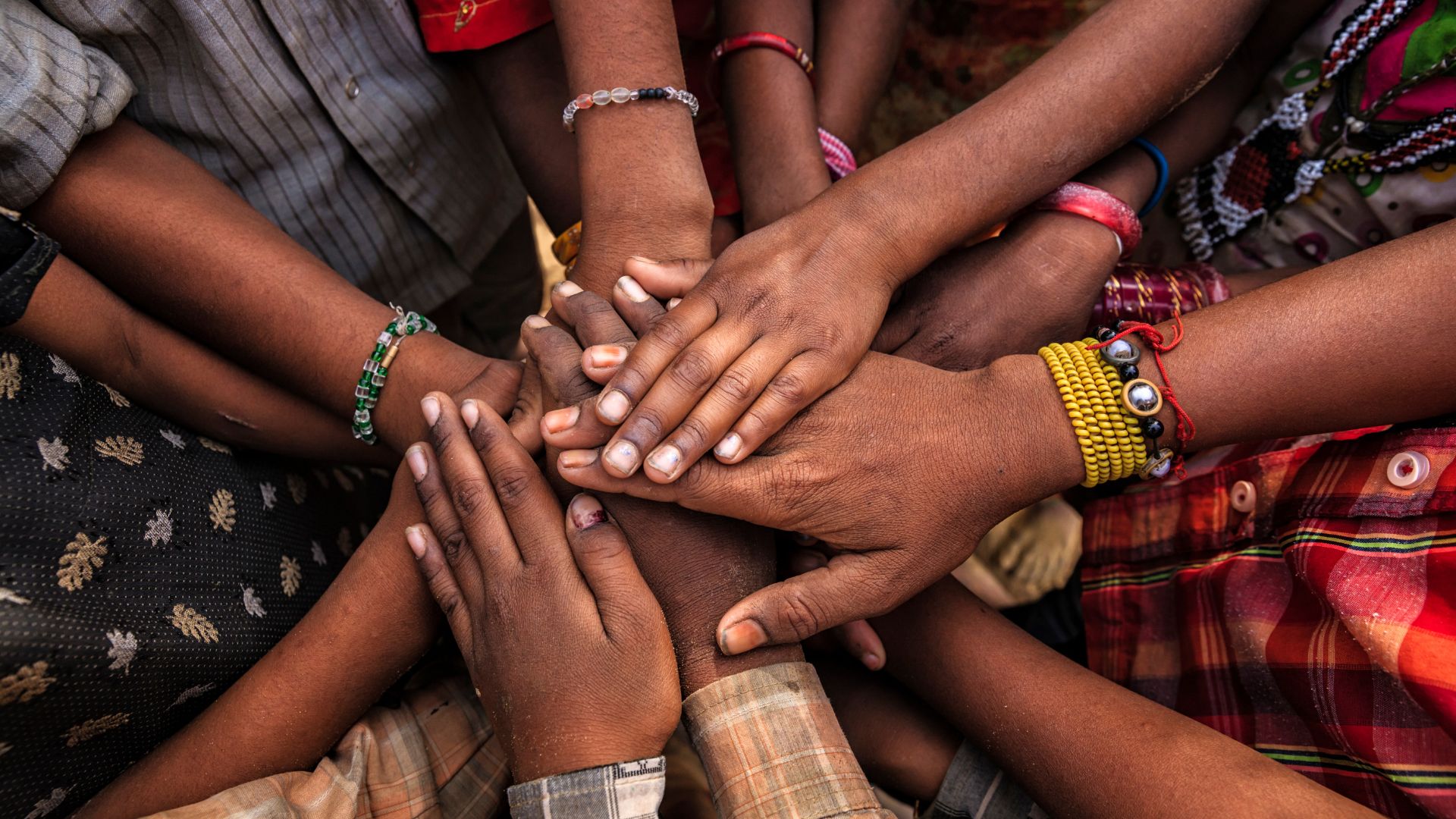In association with the African Peacebuilding Network of the Social Science Research, New York and the African Leadership Centre, Nairobi. With support from the Carnegie Corporation of New York.
This conference is the culmination of the annual Wilton Park series on peacebuilding in Africa that started in 2015. It has been held in partnership with the African Peacebuilding Network of the Social Science Research Council, New York and the African Leadership Centre, Nairobi, with support from the Carnegie Corporation of New York. Previous events assessed the concept of next generation African peacebuilding, the changing landscape of conflict and new African thinking on peacebuilding, how to sustain civil society engagement in peacebuilding, how to build more effective interaction between African and global peacebuilding, and focused case studies exploring the dynamics of peacebuilding in specific contexts.
This sixth and final conference will take stock of evolutions in peacebuilding in Africa since the first five conferences, exploring the continuities and complex changes that have occurred. The conference will also critically examine emerging issues in the current peace and security landscape that currently shape, and will likely affect African peacebuilding in the future, and how to respond to them. The centrality of youth and the variety of ways in which youth agency is manifesting in Africa will receive particular emphasis. The meeting has the following specific objectives:
- To assess the key conclusions and outcomes from previous conferences that have relevance for peacebuilding in Africa today;
- To take stock and assess the implications of progress and changes in the field, as well as the impact of responses through the lens of strategic and authoritative voices on peacebuilding in Africa;
- To consider the implications of current and emerging developments for the future of peacebuilding in Africa and the role of youth and inter-generational engagement with peacebuilding.
Key points
- The role of youth in Africa’s present and future is critical to all discussions of peace, security, and development. Youth are one of the most affected groups by insecurity and violence, and their lived experiences must inform policy and practice.
- Intergenerational dialogue and co-leadership are fundamental to the development of responsive and actionable policies at the international, multilateral, national, and community levels. Youth must be brought into decision-making spaces and must be given co-ownership over policy development and implementation.
- Youth identities are diverse and cross-cutting. Gender, sexuality, ethnicity, nationality, socioeconomic background and other identities are all reflected in youth, which can compound existing issues of marginalization.
- Narratives about youth must resist classifying youth as troublemakers or delinquents. Most youth are everyday peacebuilders and engage in activities at the interpersonal level that contribute to larger systems of peacebuilding at the national and international levels. Youth that do turn to violent extremism or criminal behaviour often do so because of a wide range of factors such as unemployment and marginalisation by the state. The importance of dignity must be centred in narratives surrounding youth disenfranchisement.
- Peacebuilding in Africa is affected by several global changes and transformations, not least of which include the COVID-19 pandemic, the Russia-Ukraine war, increasing US-China strategic rivalry, and the rising number of hybrid democracies.
- These developments influence and interact in complex and unpredictable ways with emerging peace and security factors and trends in Africa such as military coups, economic problems, climate change, violent extremism, and the use of mercenary forces.
- A concerning outcome of global changes and transitions is a stagnation or undermining of multilateral norms and security regimes, with a resulting lag in their application.
- Evolving global developments present both potential opportunities and inadvertent risks for African agency in global fora and the restructuring of the peace agenda in Africa.
- Promoting African ownership of its peacebuilding agenda by securing financial autonomy and engaging with African civil societies, businesses and other indigenous actors is critical to reduce the risks posed by these global transitions and complexities.
- Establishing an African-based and African-financed peacebuilding fund complemented by a peacebuilding strategy that systematically engages the private sectors would enhance African ownership of its peacebuilding agenda.
- The current peacemaking norm in Africa, where inordinate attention is given to actors with violent capacity, must be seriously questioned.
- The African Union (AU) and Regional Economic Communities (RECs) can arrest the reversal of norms related to youth engagement by socialising and embedding these norms into national laws, enhancing youth engagement in leadership, regularly monitoring and evaluating youth related engagements, and challenging sources of norm reversal.
- Knowledge production for enhancing youth engagement in peacebuilding and investment in platforms that support this knowledge production and capacity building for youth, women and other marginalised groups should be an agenda for sustained reflection.
Introduction
This ninth and final iteration of Wilton Park’s Peacebuilding in Africa conference series served as a comprehensive overview of the complexities and transitions facing the field of peacebuilding in Africa. Building off the conclusions and recommendations of the previous meetings in the series, the discussions took stock of the progress and setbacks that have defined recent trends. Intersecting challenges such as the rise in the youth population, the spread of violent extremism, worsening climate change, global geopolitical instability, and other factors have necessitated unique approaches paired with actionable initiatives. This meeting, which brought together youth, policymakers, scholars, activists, and others sought to interrogate the underlying factors that shape current challenges and to conceptualise frameworks for addressing the complex dynamics at play in the realm of peacebuilding and conflict in Africa.
